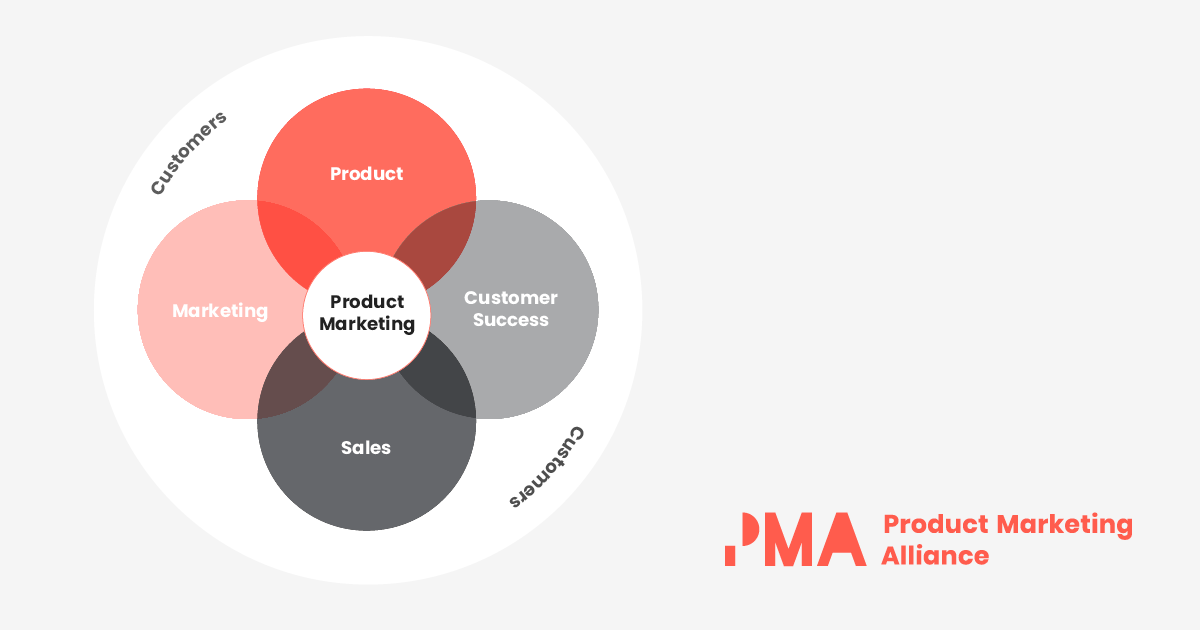Do You Need a Technical Background to Become a Product Marketing Manager?
While some believe that a deep technical understanding can help product marketers communicate more credibly, the most critical value a product marketer brings is not technical fluency—it’s the ability to align product features with customer needs and market opportunities.

There’s an ongoing debate about how much technical knowledge product marketers need. While some believe that a deep technical understanding can help product marketers communicate more credibly, the most critical value a product marketer brings is not technical fluency—it’s the ability to align product features with customer needs and market opportunities. Product marketing’s ultimate goal is to articulate how the product solves customer problems, not how it’s built.
Understanding the customer’s perspective means focusing on use cases, pain points, and trade-offs rather than technical architecture. For instance, knowing that the product is customizable and integrates seamlessly with multiple systems matters more to an enterprise customer than the underlying code structure. Enterprise customers often have resources to tailor solutions to their environments, so highlighting flexibility, integration, and customization is key. Conversely, a simpler, plug-and-play approach is more appealing to smaller companies that prefer straightforward implementation and minimal overhead. These insights directly inform positioning and messaging strategies—what resonates with one segment may not matter to another.

Which teams do Product Marketing work with most?
Data from the State of Product Marketing 2024 report by the Product Marketing Alliance underscores the nature of these priorities. Product marketers primarily collaborate with product, marketing, and sales teams, acting as the glue between product creation and market positioning. This close relationship with product and sales teams emphasizes strategic storytelling, aligning product capabilities to specific buyer personas, and tailoring value propositions.
Only 6% of product marketers reported working most closely with engineering teams, indicating that while some level of technical understanding can be helpful, it is not their central focus. The product marketer’s energy is better spent refining narratives, adjusting messaging, and ensuring the product’s value is effectively communicated to the market. External inputs, such as competitor and client monitoring from a tool like RivalSense, can further guide how product marketers tailor their messaging to differentiate and win over potential leads.

Why Less Technical Knowledge Can Be an Advantage
- Customer-Centric Approach
The priority for product marketers is to translate the product’s value into solutions for customer pain points, not to master the technical architecture. Deep knowledge of technical acumens can often inadvertently make the product messaging too complex for audiences that do not posses the same knowledge. - Collaborative Role
While product managers act as a bridge between technical and non-technical teams, product marketers are the bridge between the product and the customer. Their ability to collaborate and communicate effectively with diverse stakeholders is more critical than technical fluency. Read more about the differences between Product Managers and Product Marketing Managers here. - Strategic Thinking
Developing go-to-market strategies and identifying growth opportunities requires strategic vision and market insight, not a deep dive into codebases. A fresh perspective, often unburdened by technical minutiae, is key to spotting opportunities.
Companies that demand heavy technical experience from product marketers risk misinterpreting the role. This focus can lead to gridlock between sales, marketing, and product teams or result in messaging that’s too technical for customers to grasp.
Conclusion
Technical knowledge can provide a foundation, but product marketers should focus on the level of abstraction that drives decision-making. Customers rarely care about the underlying technical architecture—they care about how the product solves their problems, saves them time, or generates ROI. This emphasis ensures that marketing efforts are aligned with customer needs, positioning the product effectively in the market.
In short, product marketers don’t need to be engineers, but they must be adept at translating technical capabilities into customer-centric benefits. This skill is far more critical to driving success than technical fluency alone.

